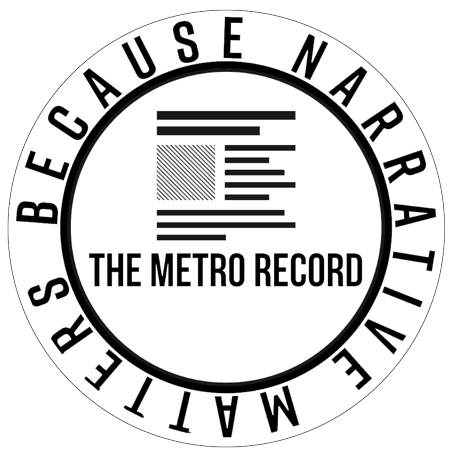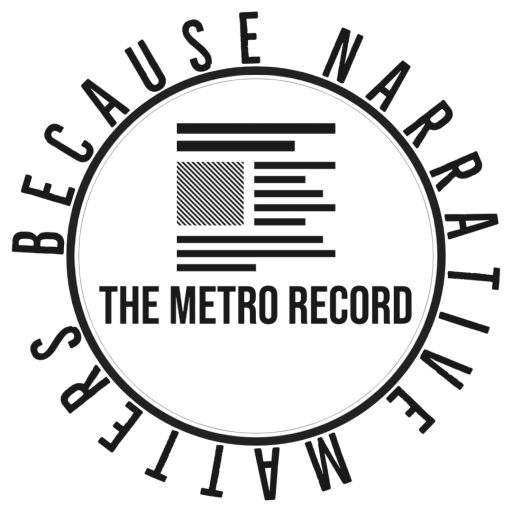By Metro Record Staff
The Black community has never lacked the ability to name injustice. From enslavement to voter suppression, from police violence to erasure in textbooks, our people have spoken, marched, testified, and organized. But in this moment—when civil rights are being rolled back by executive order, when history is being rewritten in silence, and when diversity, equity, and inclusion are under open attack—the question is no longer whether we see the repression.
The question is: what are we going to do about it?
While protest remains vital, sustainable change requires more than outrage. It demands strategy, structure, and sovereignty. Below are nine key strategies that communities across the country can begin enacting now to ensure long-term safety, survival, and self-determination in the face of state-sponsored erasure.
- Build and Fund Independent Black Institutions
The foundation of liberation is ownership. We must create and support Black-led schools, cultural centers, and media platforms that preserve our history and protect our future. This includes Black-owned banks, credit unions, and mutual aid networks that keep financial resources circulating within the community. Cooperative economics—buying clubs, worker co-ops, and land trusts—can reduce our dependency on systems that were never built for us.
- Develop Local Political Power
We need more Black leaders in city councils, school boards, and municipal budget committees. The most dangerous policies often take root at the local level, quietly and without resistance. Communities must track where their tax dollars are going and demand investments in education, housing, and healthcare—not just policing. Equally important is building a new generation of young political strategists who understand both grassroots organizing and the machinery of governance.
- Create Legal Defense and Advocacy Networks
When the law is used to silence us, we must use it to defend ourselves. Community legal collectives and watchdog groups should monitor civil rights violations and educate residents on their rights. While national organizations like the NAACP Legal Defense Fund play a critical role, we also need hyper-local legal infrastructure that can respond rapidly and represent our people without delay.
- Reclaim Narrative Power
Narrative is power. If we do not tell our stories, someone else will erase them. Black-owned media outlets, podcasts, and digital news services like The Metro Record and West Georgia Pulse must be supported and expanded. Community storytelling, oral history archiving, and public education campaigns can counter disinformation and preserve memory in a time of erasure.
- Establish Community Protection Strategies
Community safety must be reimagined through our own lens. Violence interruption programs, restorative justice circles, and mental health crisis response teams offer real alternatives to over-policing. Residents should be trained in de-escalation, emergency preparedness, and know-your-rights education. Neighborhood watch programs built around care—not criminalization—can strengthen community ties.
- Secure and Sustain Black Land and Housing
Gentrification and land dispossession are modern tools of displacement. We must protect our communities by investing in Black-led housing cooperatives, land trusts, and development initiatives that prioritize affordability and self-governance. Black land ownership must extend beyond homes to include agriculture, food sovereignty, and environmental stewardship.
- Build Strategic Partnerships Without Dependency
We can and should build alliances with other oppressed communities—Indigenous, Latinx, Asian, LGBTQ+, and others—to form coalitions around shared values. But solidarity must not mean assimilation. Black communities must retain the power to set our own agenda and hold so-called allies accountable, especially institutions that accept diversity funding but fail to show up when it counts.
- Plan for the Next Generation
Every strategy must be sustainable. We must mentor the next generation not only in organizing, but in how to survive, build, and transform. That means passing down knowledge of past victories and mistakes. It means writing things down, recording what worked and what failed, and ensuring there are leaders ready to carry the torch.
- Establish Community Self-Defense Infrastructure
Black communities have a long history of organized, principled self-defense. From the Deacons for Defense to the Black Panther Party, protecting our lives has never been an act of aggression—it has been an act of necessity.
Today, that legacy continues. Communities must responsibly develop self-defense strategies that include:
- Training in situational awareness, legal firearm ownership, and tactical de-escalation
- Building rapid-response teams to assist residents under threat
- Educating families on their rights under the Second Amendment and how those rights are often unequally enforced
- Learning from organizations like the Huey P. Newton Gun Club and other Black-led defense groups committed to discipline, legality, and protection
Self-defense is not about provocation. It is about preparation, dignity, and survival. It reminds the world that Black life is worth protecting—and that no one should face violence alone.
Final Word
We are in a defining era. The laws may shift, the rhetoric may harden, and the rights we assumed were permanent may vanish. But history has shown that when Black people organize with vision and discipline, we do more than survive—we reshape the world.
Let us not only resist repression. Let us render it irrelevant.
Through ownership. Through protection. Through truth. Through love.
The future is not given. It must be built. And the time is now.





